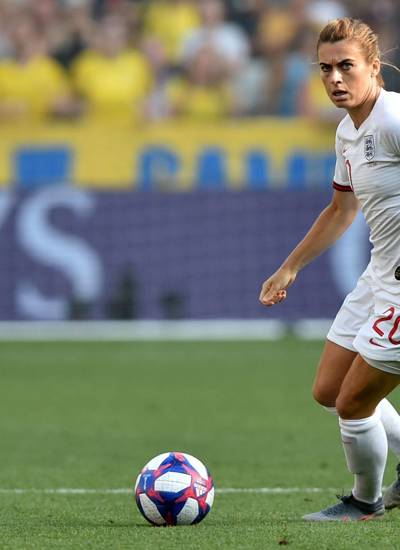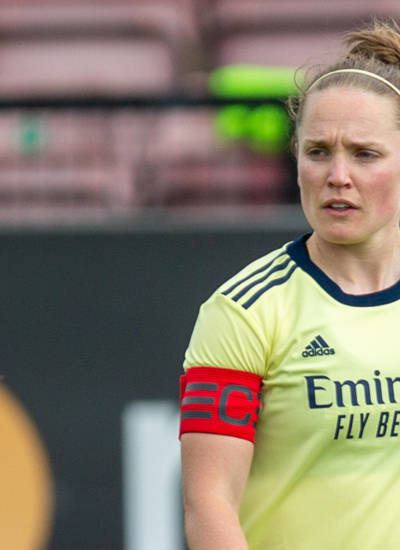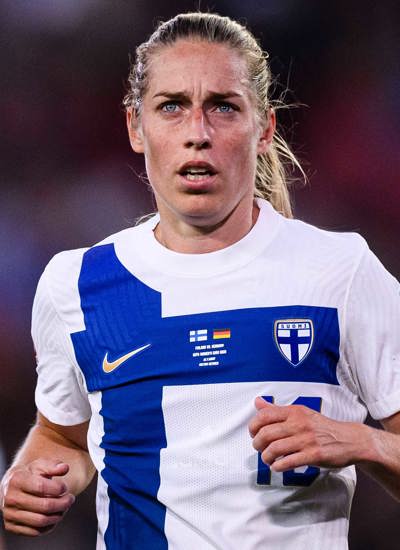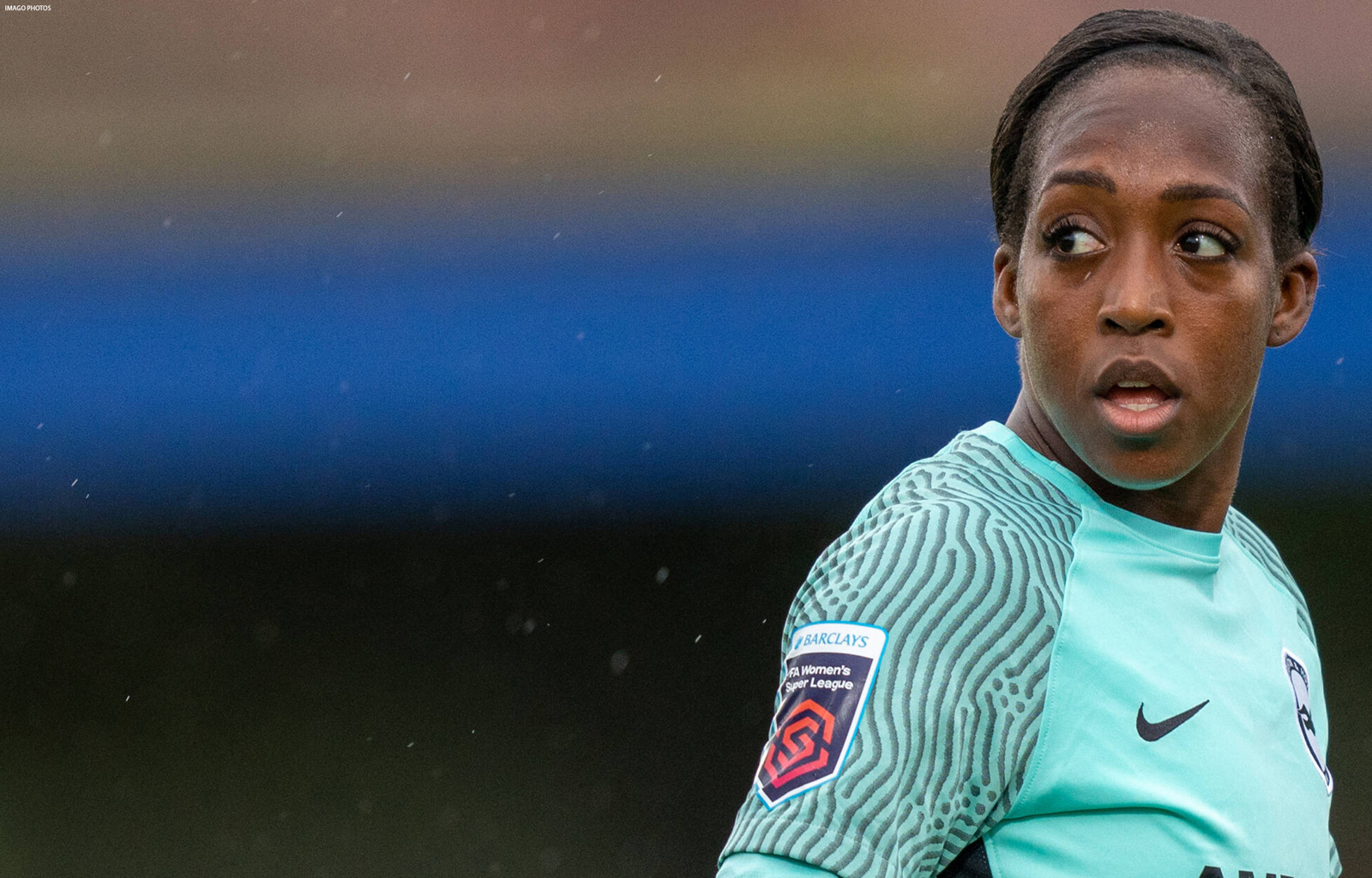
- Danielle Carter, the 28-year-old Brighton & Hove Albion striker, is exploring what to do after she stops playing
- The English PFA players' board member says a second serious injury in 14 months was a reminder of the importance of preparing in advance
- With help from Visa’s The Second Half programme, she is looking at transferring her leadership skills to become a football executive
From the very beginning, my mother has always insisted that I have something to fall back on; she supported me unconditionally in my dreams as a player but still instilled a sense of responsibility in me to expand my talents beyond the pitch. I did my first degree in physiotherapy at the University of Hertfordshire.
The first time I suffered from an ACL injury (anterior cruciate ligament) I was 25 and completely focused on getting back into the game. I dedicated all my energy to my rehabilitation and achieving my peak fitness was my primary goal, however I did have some extra time on my hands. So, I decided to put it to good use and study for a second degree: an MBA (Master of Business Administration) at the University of Salford.
It was a wise decision, but I wasn’t really thinking about it in terms of my future. By the time I sustained a second ACL injury I was in a completely different mindset. It was only 14 months after the first injury. Although ultimately my goal was to get back on the pitch it was a stark reminder that being a footballer is always a short-term career, and I was ready to see what else might be out there.
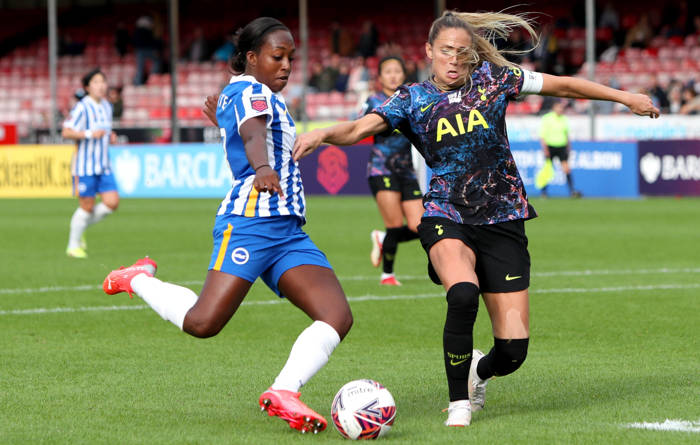
I’ve always been an advocate of educating myself alongside my playing career – but I get that other people just aren’t interested in academia, which is fine. We all have a different journey ahead of us and a different life plan, but it’s important to take the time to start thinking about what that might look like.
I’ve always liked to challenge myself and try new things, which is one of the many reasons that I signed up for Visa’s ‘The Second Half’ Programme, and I’m so glad that I did – because it has made me look at my own potential in a completely different way. I think sometimes as players we define ourselves by our occupation, and don’t realise that our skills are relatable and valuable to the world outside of football.
One of the sessions that really hit this home for me was an examination of different leadership styles and personality traits. I realised that the characters that we come across in football aren’t just confined to the pitch, and that you can meet the same people in all walks of life – and as footballers we already have the social skills to deal with it. For example – I have a very forward thinking and vocal approach to leadership, and I can now visualise how this could translate in a more executive role – although I’m sure it will take me a bit of time to settle into my new environment before I can start comfortably taking charge!
“Success for me would be truly enjoying my work and being able to make a direct and positive impact in my role”
The group setting in the ‘The Second Half’ helped to set the tone as an environment of likeminded individuals, all from the same background, who are looking towards the future. It really helped with free-flowing discussions, and ultimately – with just a small tweak of perspective – these women who I play against every week have become part of my network for potential career opportunities in the coming years.
I also benefit from one-to-one coaching from an external Visa mentor, which allows me to develop in a way that is more tailored to my own individual situation and strengths. She has helped me to envision a framework of next steps, and how to prepare myself for this new challenge once my playing career has come to an end – and I can already see the positive effects of the training, especially with regards to my confidence.
I have been involved with the PFA for some time now and was recently elected to represent the players on the board – a role that I am so much more comfortable in thanks to my preparation with the ‘The Second Half’. I feel much more confident in the way that I can articulate my thoughts and I’ve found that I thoroughly enjoy the corporate side of things. I really don’t have a clear career path lined up, but my experiences have made me realised that I want to stay in football – not in the technical coaching sense – but rather through the executive route, where I think I can make a real difference.
I consider myself so lucky because I think I’ve got the best job in the world, but I’ve also had my eyes opened to the fact that it isn’t all I am. So, before I hang up my boots, I’m going to get out there and discover the next best job in the world – and I’m going to prepare myself for it.
Obviously earning money is a critical objective, but I don’t just want to pay the bills. Success for me would be truly enjoying my work and being able to make a direct and positive impact in my role – just like I do on the football pitch today.
